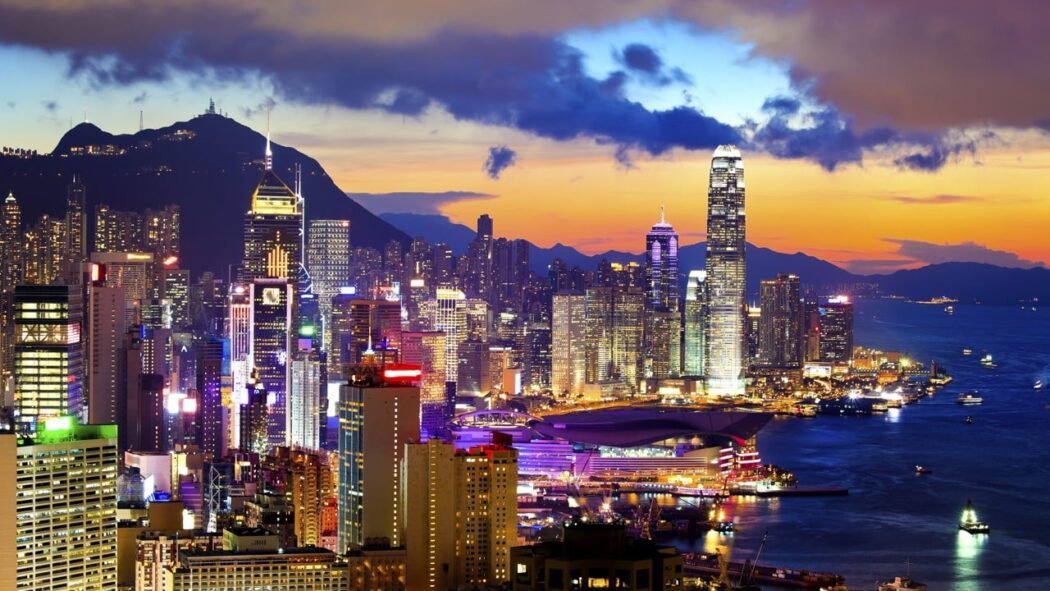Although moving to a big city can be exciting and diverse, living there can be expensive, particularly in the most prestigious and exclusive areas. Financial publications and organizations frequently list the world’s most expensive cities, accounting for factors such as real estate, healthcare costs, and cost of living. Find out more about the top ten most costly cities in the world as well as the key elements that determine how desirable they are economically.
New York, USA, which had been leading the race, dropped to third place, a spot it shared with Geneva, Switzerland. Due to high food and household goods prices as well as the strength of the Swiss franc, Swiss cities have risen sharply in the ranking. Conversely, Singapore was known for having exorbitant clothing and transportation taxes. The EUI study states that although prices increased globally by 7.4%, the rate of inflation decreased from the previous year. Inflation is still much higher than it was in the 2017–2021 period, notwithstanding this.
Zurich, Switzerland
The study’s authors claim that Zurich has risen to the top of the list due to the strong Swiss franc as well as high costs for entertainment, groceries, and household goods. It is a financial behemoth with opulent cultural institutions and breathtaking views of the mountains. The excellent quality of services and high level of security in Zurich determine the cost of living.
Singapore, Singapore
Singapore has topped this list nine times in the previous eleven years, making it the most expensive place to live. This is not the first time the city has held this title. A certificate of ownership for a car was recently more than 106 thousand dollars.
It is an Asian origin for opulence, cutting-edge technology, and worldly fashion. Singapore is renowned for its opulent retail malls and cutting-edge architectural solutions. Even for seasoned travelers from around the world, the prices of clothing and transportation are astounding here. High fees for all kinds of services have contributed to Singapore’s reputation as a financial hub over the years of the country’s economic expansion. On the other hand, the city is renowned for its superior technological capabilities and elevated security measures.
New York, USA
New York, which tied for first place with Singapore the previous year, fell to third this time around. New York, which has long been renowned for its vibrancy and diversity, has once again shocked people with its high cost of living. The expenses associated with services, entertainment, and transportation have a substantial impact on residents’ daily budgets. Despite this, a sizable portion of the populace decides to live in this city due to its opportunities for employment and culture.
Geneva, Switzerland
Geneva, the global center of international diplomacy, is renowned for its sophistication, grace, and superior comfort. Geneva is a major global financial hub that draws many banks, financial institutions, and multinational corporations. The high level of spending is determined by high salaries and an abundance of career opportunities.
The UN and the Red Cross are among the many diplomatic missions and international organizations that call Geneva home. It is also the hub of international relations. Upmarket housing and services become more in demand as a result. Geneva provides a high standard of living that influences the cost of living because it has a wide range of higher education institutions, a first-rate healthcare system, and security.
Hong Kong, China
a formidable eastern economic force that astounds with its modernization and advancements in technology. This People’s Republic of China special administrative region is situated in eastern Asia and serves as a financial, economic, and cultural hub, which accounts for the high cost.
Hong Kong’s real estate market is renowned for its expensive range. This city may have some of the highest prices per square meter of living space worldwide. Hong Kong is a financial powerhouse that draws in businesspeople and professionals. The high cost of living is a result of both labor market competition and high salaries. There is a demand for luxury and entertainment due to the abundance of dining establishments, theaters, clubs, and other entertainment options.





